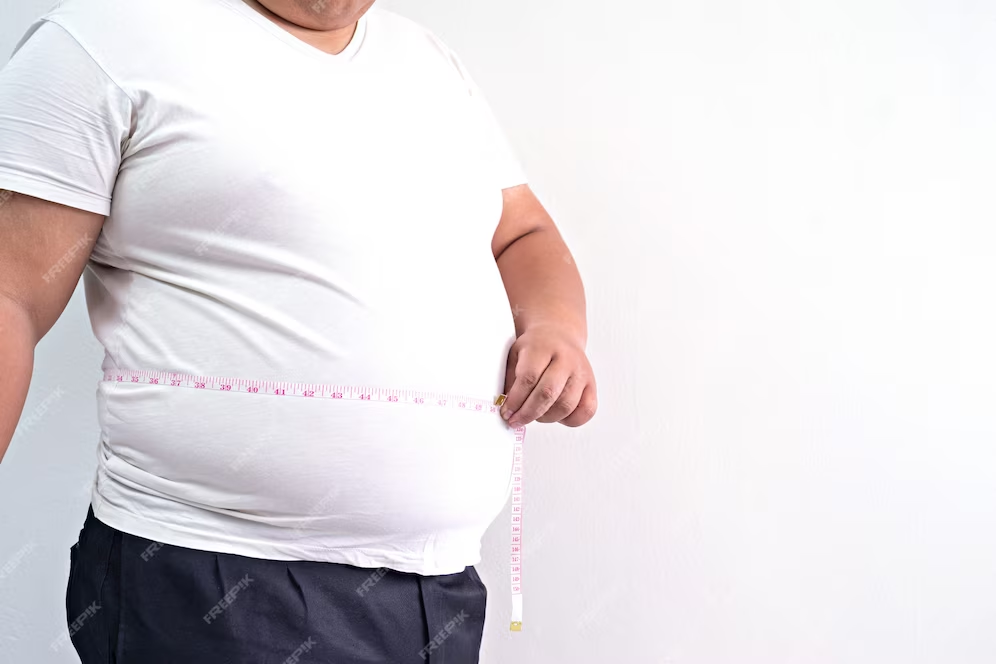Many times to achieve weight loss targets, we focus only on daily behaviors and forget that what we do before sleeping can have a significant impact on our body. If you're struggling to lose those extra pounds, it's time to turn your attention to an often-overlooked nighttime routine. According to the World Health Organization (WHO), poor diet and lack of physical activity are major global health risks.

Below are some habits, based on real-life experiences, that can help in weight loss. So, grab your favorite blanket, sit in a comfortable spot, and explore those pre-sleep habits that may be standing between you and your weight loss goals.
Late night snacking
Eating snacks late at night is a disadvantage for many people. When you eat snacks before sleeping, your body does not have enough time to burn those calories before sleeping. Additionally, late-night snacks are often high in sugar and unhealthy fats, which can lead to weight gain over time.
Using electronic devices
The habit of using electronic devices like smartphones, tablets, or laptops in bed can disrupt your sleep patterns. These devices emit blue light, which can interfere with your body's production of melatonin, the sleep-regulating hormone. Poor sleep quality can cause hormonal imbalance. This imbalance can make it challenging to control your appetite and may contribute to weight gain.

Stress and anxiety
Stress and anxiety can lead to emotional eating, especially at night when you may be more sensitive to food cravings. High levels of stress trigger the release of cortisol, which can increase your appetite and preference for comfort food.
Not eating during the day
Skipping meals during the day in an attempt to reduce calorie intake can have adverse effects. When you don't eat enough during the day, you experience intense hunger in the evening, which leads to overeating. It is important to eat regular, balanced meals throughout the day to maintain stable energy levels and prevent late-night hunger.
(PC: Freepik)










